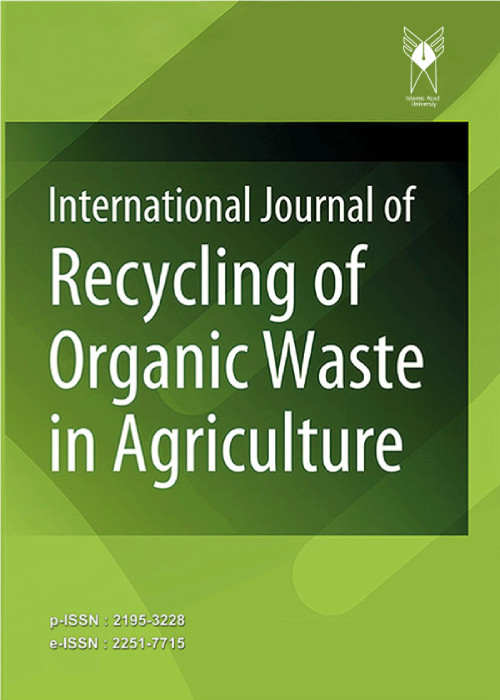Coffee processing residues as a soil potassium amendment
Total coffee production in the world in 2013 was 8.7 million Mg of coffee beans. Coffee must be processed after harvest to separate beans from the husk, and the post-harvest process can generate different types of residues. Knowing that 50 % of the harvested coffee is husk, it is important to consider that these by-products can contribute to environmental problems if not disposed of properly. There is a need to find alternatives to the piling of coffee husk as a means of disposal at coffee farms. The objectives in this experiment were to characterize five types of coffee processing residues and assess their value as potassium (K) fertilizer by examining K release.
Chemical characteristics of coffee residues varied with processing method, such as wet and dry processes. Application of residues to soil columns followed by 40 weeks of simulated leaching increased total K content in the soil for all treatments based on application rate, except for enriched and three-year composted coffee husk (3ycomp). Coffee processing residues had higher concentrations of K leached compared with the control with no K application, but only 3ycomp was higher than other coffee processing residues. Total K released from coffee residues increased linearly with application rate, but the decomposition of the coffee residues was low, which suggest that K release from coffee processing residues is not related to decomposition.
Post-harvest coffee processes impacted concentrations of K, nitrogen, carbon, cellulose, hemicellulose, lignin, phenol, pH, and electrical conductivity among the coffee processing residues. The K release was high (over 90 %), but it did not depend on the type of coffee processing residue, and thus, the residues can be a substitute for a mineral source of K applied to soils. The use of coffee processing residues as source of K did not prevent K losses by leaching. Some coffee residues resulted in greater K leaching than mineral KCl applied at the same rate.
Coffee husk , Coffee hulls , Potassium , Composting , Gypsum , Leaching
- حق عضویت دریافتی صرف حمایت از نشریات عضو و نگهداری، تکمیل و توسعه مگیران میشود.
- پرداخت حق اشتراک و دانلود مقالات اجازه بازنشر آن در سایر رسانههای چاپی و دیجیتال را به کاربر نمیدهد.


